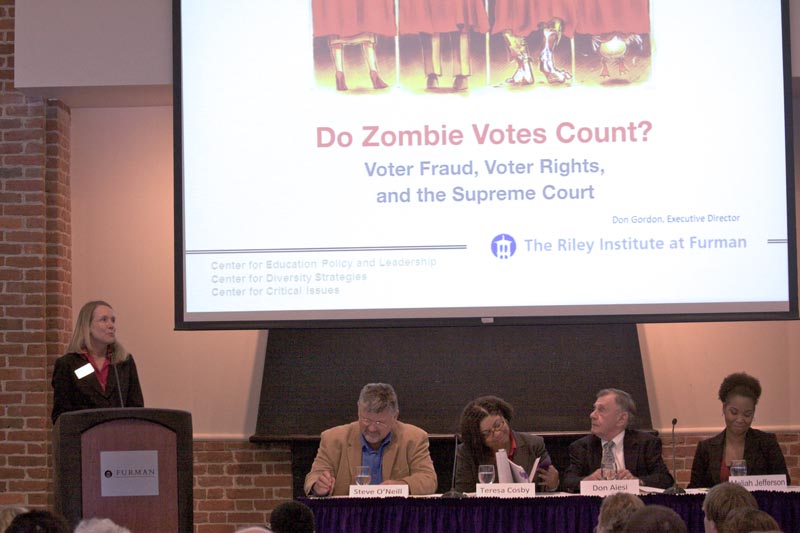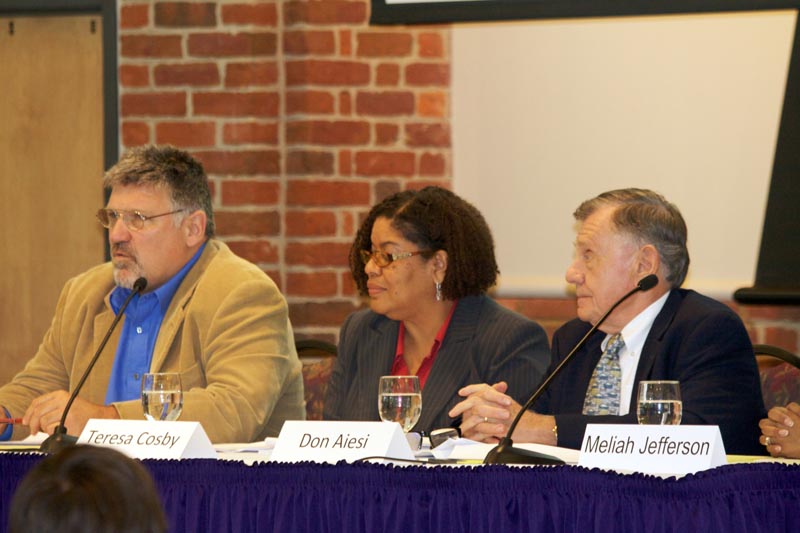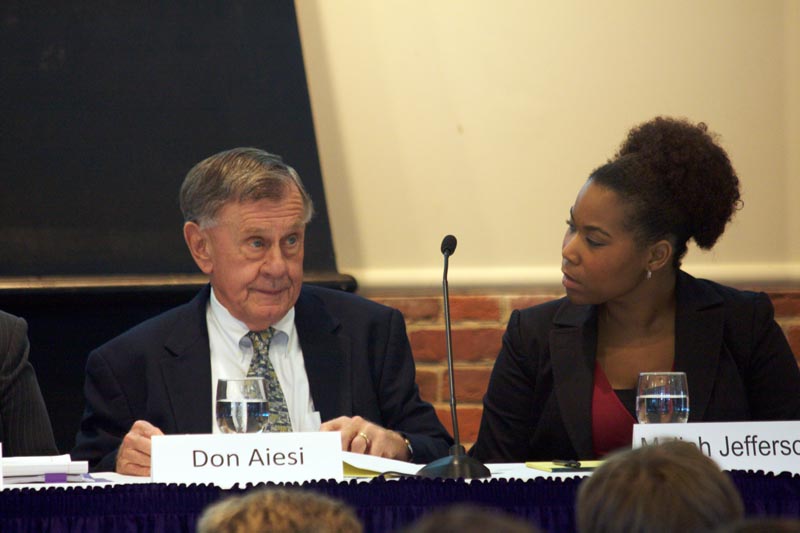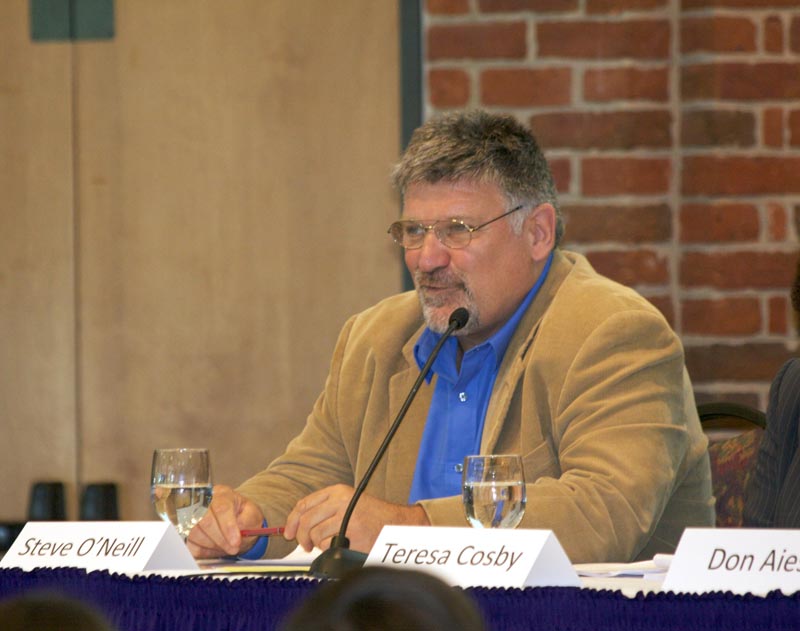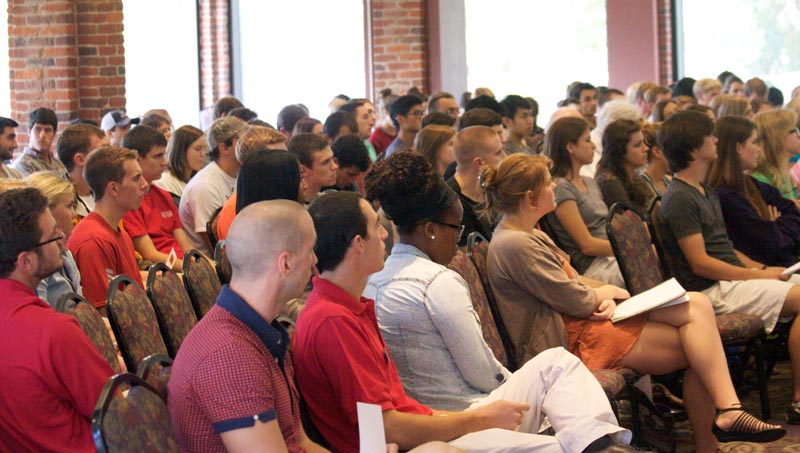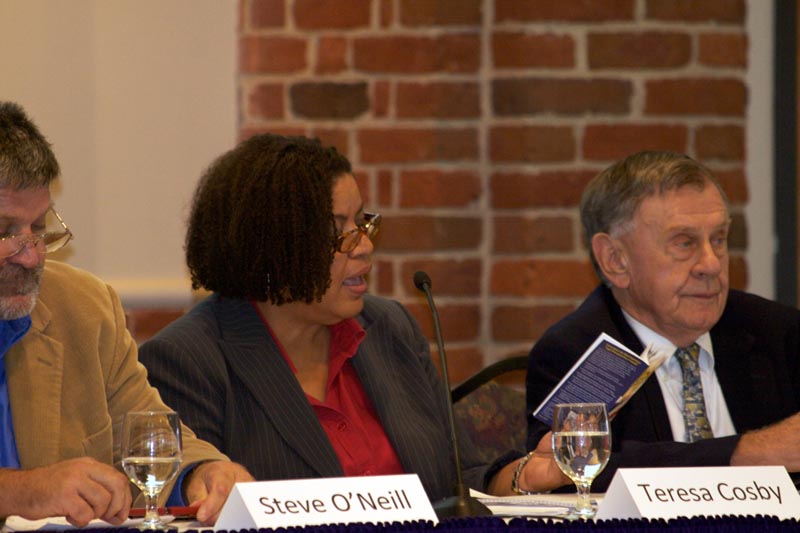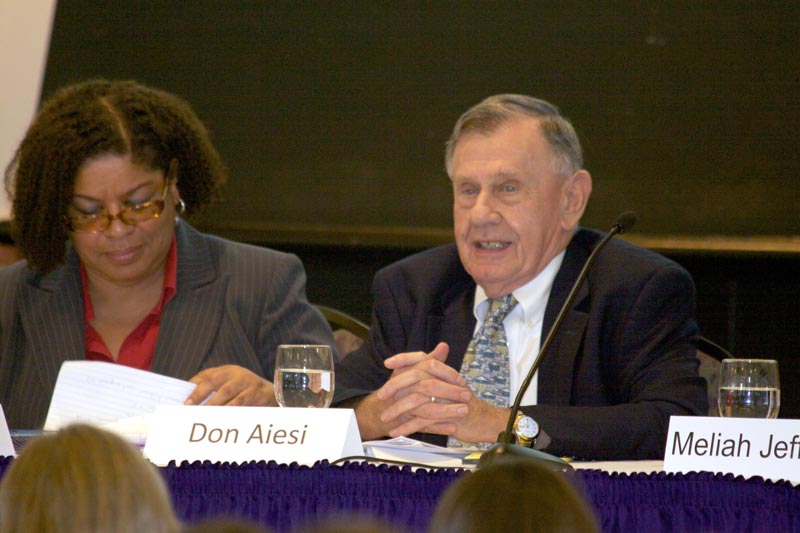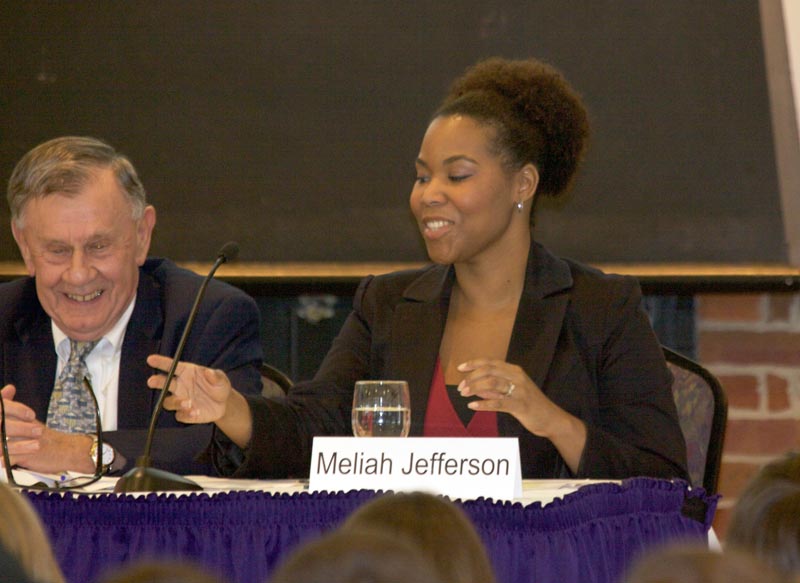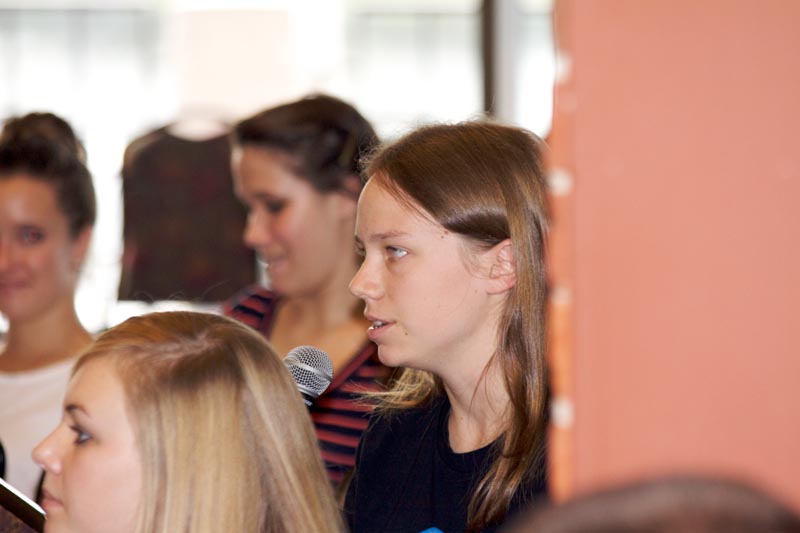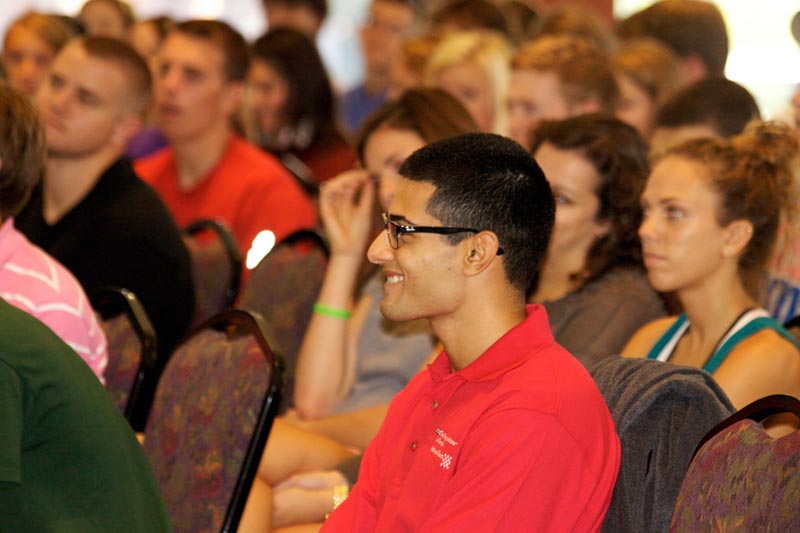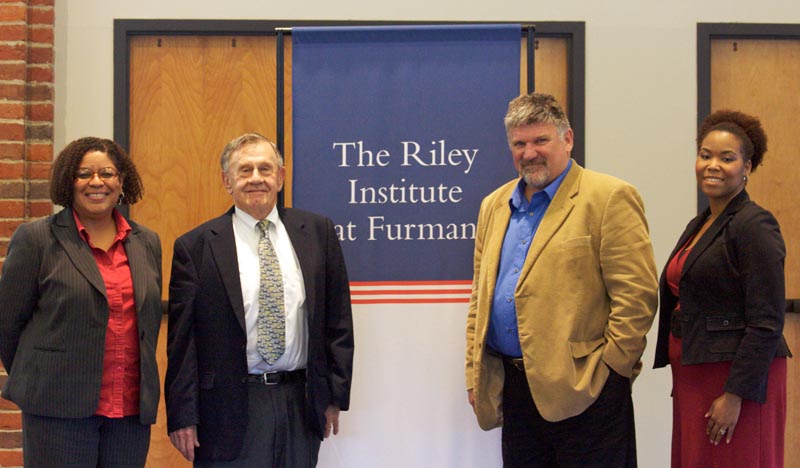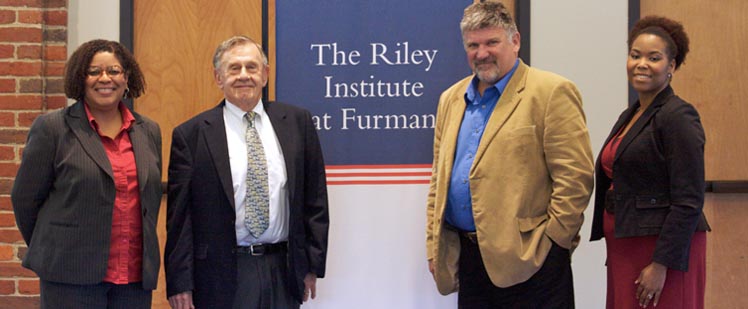
American Politics and Policy
Constitution Day
Do Zombie Votes Count? Voter Fraud, Voter Rights, and the Supreme Court
September 17, 4 pm
Watkins Room of the Trone Student Center
The U. S. Supreme Court recently ruled that Section IV of the Voting Rights Act of 1965 is unconstitutional. Americans differ, largely along party lines, about whether their decision to invalidate this key provision of the Voting Rights Act, which had required several Southern states to get federal approval before changing voting laws, was the right one to make.
Supporters of the Court’s decision feel this removes an undue burden placed on the states who were affected by the Act, and allows them to work to restore people’s faith in the election process by reducing voter fraud. As a S.C. lawmaker has famously said: “We must have certainty in South Carolina that zombies aren’t voting,” and S.C. Governor Nikki Haley has declared, “Without photo ID, I mean, let’s be clear, I don’t want dead people voting in the state of South Carolina.”
On the other side of the debate are those who say strict voter ID law limits the rights of the poor, minorities, and young people, including the ACLU, who has filed suit against N.C. for its recently passed voter ID laws. What are the varied perspectives on the Supreme Court’s ruling and how the states are responding? Is this justification for states who for a long time have been held under a different microscope, or is it an opening for a return to the era of Jim Crow?
A panel of scholars discussed the historical, political, and legal context and implications of this landmark ruling including how this ruling has had an impact already on voter ID laws in states previously required to receive federal approval to change their laws, and what its impact on voter fraud and voter rights will be in future elections.
Panelists included:
Steve O’Neill, PhD, teaches courses in US since 1877 and has scholarly interests in the Modern South. He has the expertise to provide historical context for the Voting Rights Act and the impact of the Supreme Court ruling this year. He will serve as moderator and as historian for the program.
Teresa Cosby, JD, and Don Aiesi, PhD, are both constitutional law professors who will present the legal arguments and constitutional basis for the Supreme Court’s ruling. Dr. Aiesi is currently teaching a course on civil rights and the U.S. Constitution, and Teresa Cosby teaches courses on constitutional law and public policy and is former executive director of the S. C. Centers for Equal Justice and former S.C. assistant attorney general.
Meliah Jefferson, JD, is former clerk for SC Supreme Court and former clerk of U.S. District Court, where she dealt with voting issues. She is currently attorney for Wyche, PA, where she has the opportunity to deal with election issues in SC.
